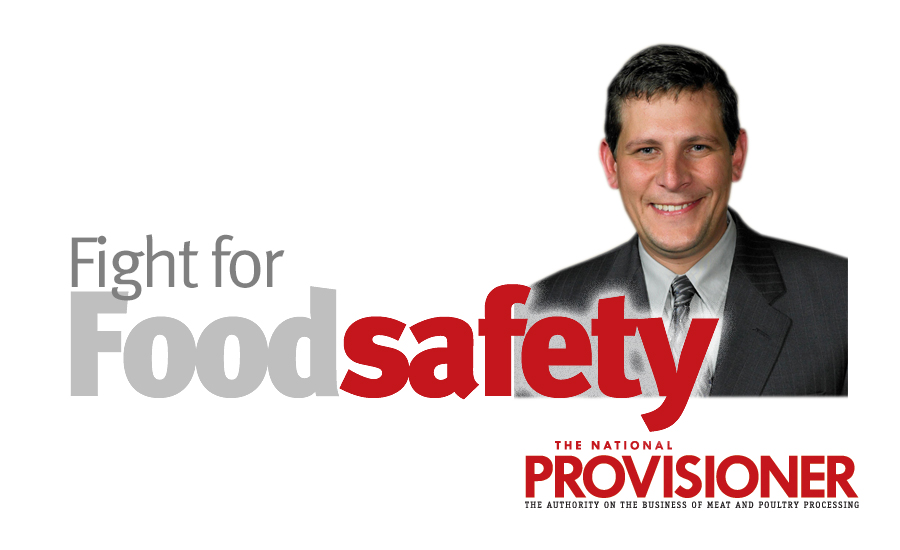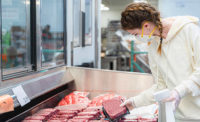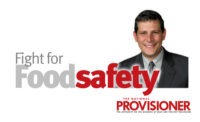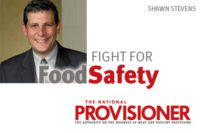As a food-safety lawyer, I hear my colleagues proclaim tirelessly: “Food safety should not create a competitive advantage.”
The “feel good” idea is that all food companies, big or small, should have the incentive to care about food safety because “it’s the right thing to do,” not because it may give any one company a financial or competitive advantage over another in the marketplace.
Interestingly, the concept of food safety swings both ways. On one hand, some have argued food safety can create a competitive disadvantage. This is because some companies choose not to invest in needed food-safety controls and interventions, and thus are able to sell their products at a more competitive price. While this strategy might save a savvy company some money in the short term, in the long term the consequences can be disastrous.
On the other hand, more and more companies are terrified they will source ingredients from a supplier that has not made the needed investments in food safety and will inherit that company’s problems. Let’s face it: Any platoon will only be as fast as its slowest runner. If you have a problematic supplier, your supplier’s problems will very quickly become your own. As a result, many would agree you should focus on food safety and quality before quantity and price.
Although most food-safety professionals likely will deny it, food safety is, in fact, already competitive. Increasingly, food companies are required to meet a growing list of customer specifications and expectations, are required to become certified under the Global Food Safety Initiative standards and are required pass a comprehensive annual audit. If any company does not perform well against these criteria, it can lose the opportunity to earn new business or be disqualified as a supplier.
Rather than shunning the dueling concepts of food safety and competition, all companies should embrace the idea of using food safety as a competitive tool. If we truly care about food safety, we should encourage (if not require) each of our suppliers to compete against each other to earn our trust.
Within your own organization, embrace the opportunity to use food safety as a mechanism to create an advantage for your company and brand. If you can objectively show through your programs, interventions and testing you sell a safer product, you will create less risk for your customers. If you create less risk for your customers, your customers will be more willing to invest in your brand.
I agree we should care about food safety because it is the “right thing to do.” With that said, food safety (if done right) does in fact create a competitive advantage. Rather than denying this, we should elevate the concept of food safety to where it belongs. Company leaders who recognize that fact sooner will quickly outpace those who don’t. NP





Report Abusive Comment